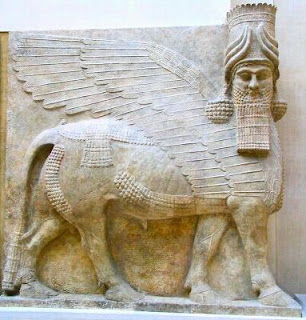Little Ephrathah
My Fabulous Wife & I had Sunday lunch with a Priest Acquaintance of ours; his Wife; a visiting Catholic Author; and a Deacon Acquaintance, who commented on the burgeoning Catholic Gravity of another Bible-Belt American City Which Shall Remain Nameless. How does its gravity compare to Li'l 'phrathah's?
That's a good question. Li'l 'phrathah is about one tenth the size of Gargantua; obviously 10 kilos has 10 times the gravity of 1 kilo. And any Southerner or Stalinist can tell ya [although from opposing viewpoints] that quantity has a quality all its own. But still, here's a case where quality has a quantity all its own. What quality? Why, the quality of...organicness. Or organicity; or both. See, while Gargantua does have Catholic Gravity, it's mostly Institutional. Top-down. Cathedral. Higher Education. Seminary. Big Numbers. And there's nothing wrong with that, y'know? But 'phrathah's gravity is bottom-up, lay-driven, informally-structured, self-organizing, self-motivating, self-energizing, diffuse, nimble. A Catholic Swarm Intelligence transcending local parish boundaries and other geographies.
Of course, a bottom-up approach isn't unique to the Upstate. Check out these Cascadia guys, they get it too. Put in more familiar terms, what we are seeing are evolving, living models of the New Evangelization.


























